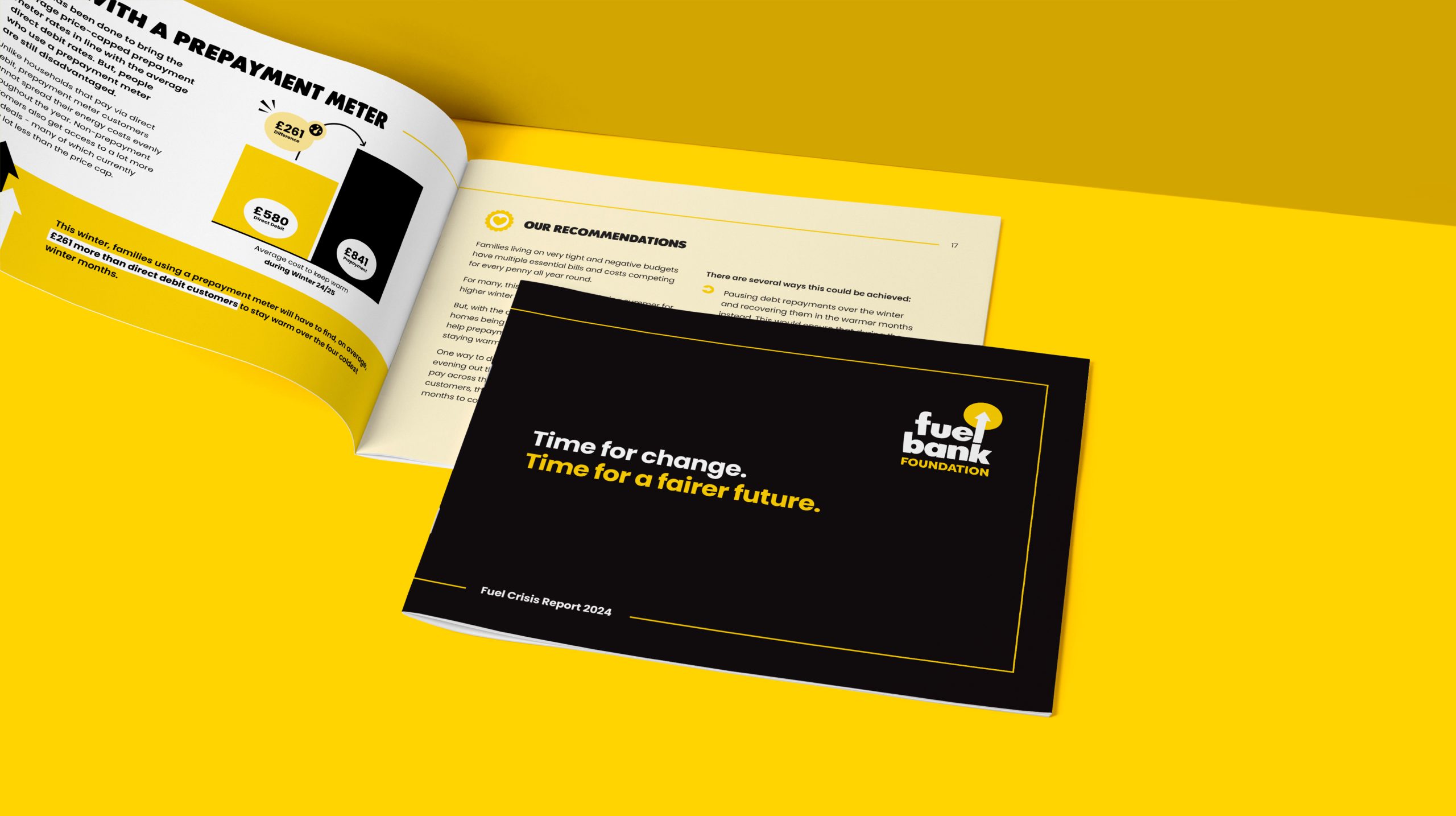The charity, which provides emergency help to people who can’t afford to top up their prepayment energy meter, says children’s lives are being blighted by fuel poverty, with no energy for heating, cooking, lighting or cleaning.
According to its annual Fuel Crisis Report, ‘Time for Change. Time for a Fairer Future’, nearly half (45%) of the people helped by Fuel Bank Foundation in the last 12 months have children at home, with young families (aged 18-35) most at risk of living in fuel crisis.





